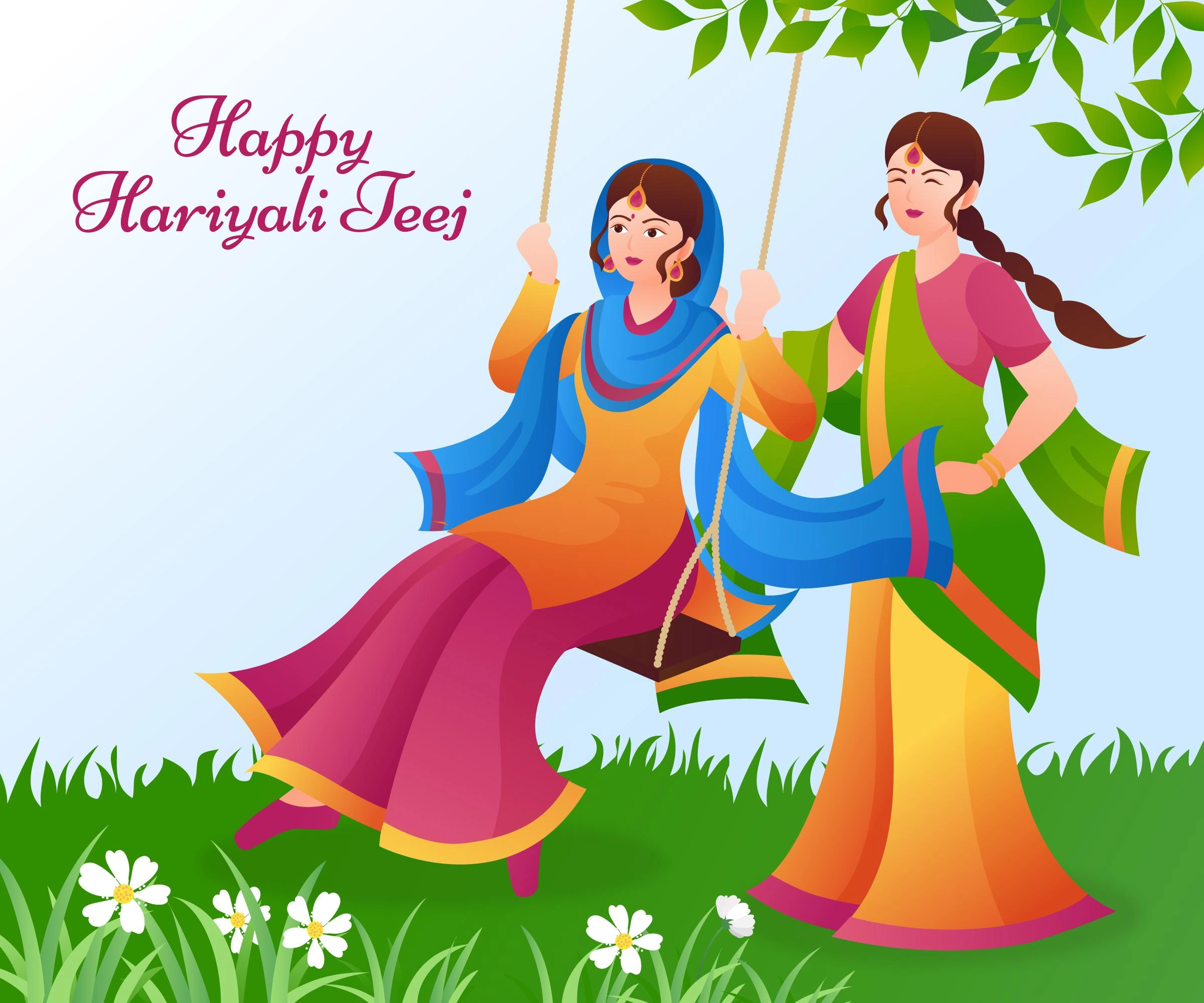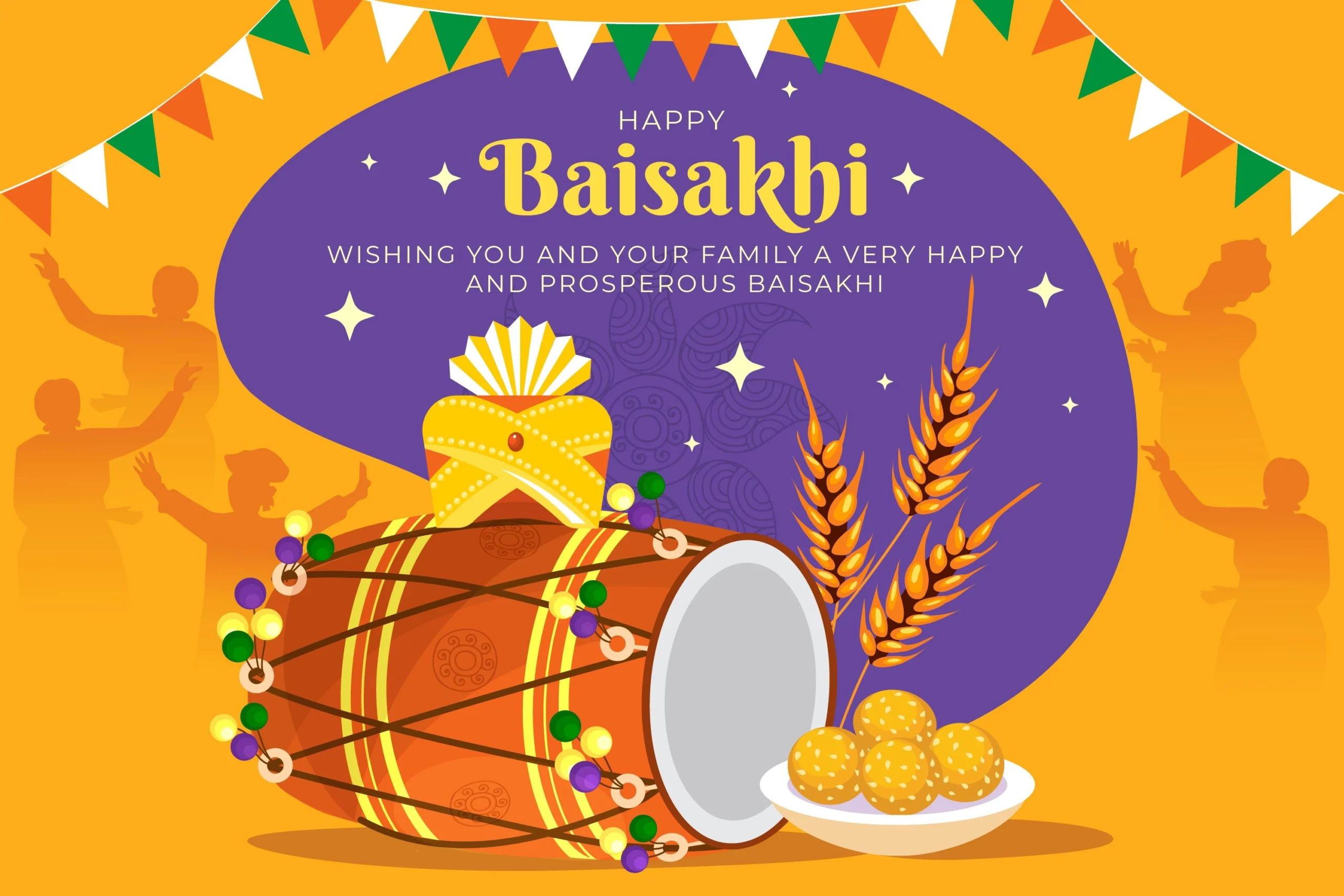Diwali, also known as Deepavali, is one of the most celebrated festivals in India and among the Indian diaspora worldwide. It is a festival of lights that signifies the victory of light over darkness and good over evil. This five-day festival is marked by vibrant traditions, rituals, and social gatherings. Whether you’re celebrating Diwali for the first time or looking to deepen your understanding of its customs, this comprehensive guide will walk you through the essentials of playing Diwali.
The Significance of Diwali
Diwali holds profound cultural and spiritual significance. The festival is celebrated to honor various legends from Hindu mythology, including the return of Lord Rama to Ayodhya after a 14-year exile, the victory of Lord Krishna over the demon Narakasura, and the worship of Goddess Lakshmi, the deity of wealth and prosperity. These stories highlight themes of hope, renewal, and triumph.
Preparing for Diwali
Cleaning and Decorating
One of the first steps in preparing for Diwali is to thoroughly clean and decorate the home. This practice symbolizes the removal of negativity and the welcoming of positive energies.
LSI Keywords: Deep Cleaning, Home Decor, Festive Preparations
- Deep Cleaning: Begin with a deep clean of your home. This includes dusting, mopping, and organizing all areas. Cleanliness is considered auspicious and sets the stage for the festivities.
- Rangoli: Create colorful rangoli designs at the entrance of your home. These intricate patterns, made with colored powders, flowers, or rice, are believed to bring good luck and ward off evil spirits.
- Lighting: Adorn your home with oil lamps (diyas), candles, and fairy lights. The illumination symbolizes the dispelling of darkness and the welcoming of divine blessings.
Shopping and Gifting
Diwali is also a time for shopping and exchanging gifts. This tradition reflects the joy of giving and receiving blessings.
LSI Keywords: Diwali Shopping, Gift Ideas, Festive Market
- New Clothes: Purchase new clothes for yourself and your family. Wearing new attire is considered a symbol of fresh beginnings and prosperity.
- Gifts: Exchange gifts with family and friends. Common gifts include sweets, dry fruits, jewelry, and home decor items. Personalized gifts add a special touch.
- Markets: Visit local markets and fairs to experience the festive atmosphere and find unique Diwali items. These markets are bustling with vendors selling decorations, sweets, and traditional attire.
Diwali Rituals and Celebrations
The Five Days of Diwali
Diwali is celebrated over five days, each with its own significance and set of rituals.
LSI Keywords: Dhanteras, Naraka Chaturdashi, Lakshmi Puja, Govardhan Puja, Bhai Dooj
- Dhanteras (Day 1): This day marks the beginning of Diwali and is dedicated to Dhanvantari, the god of health and Ayurveda. People buy gold, silver, and new utensils as a sign of good fortune.
- Naraka Chaturdashi (Day 2): Also known as Choti Diwali, this day commemorates Lord Krishna’s victory over the demon Narakasura. Homes are decorated, and people take ritualistic oil baths to cleanse themselves.
- Lakshmi Puja (Day 3): The main day of Diwali is dedicated to the worship of Goddess Lakshmi. Families perform a puja (prayer ceremony) to seek her blessings for wealth and prosperity. This is followed by a grand feast and fireworks.
- Govardhan Puja (Day 4): This day celebrates Lord Krishna lifting the Govardhan Hill to protect villagers from torrential rains. People prepare a large variety of vegetarian food and offer it to Krishna.
- Bhai Dooj (Day 5): The final day of Diwali is dedicated to the bond between brothers and sisters. Sisters pray for their brothers’ well-being and perform a tilak (mark) ceremony, while brothers give gifts in return.
Diwali Puja and Rituals
Performing puja is a central part of Diwali celebrations. Here’s a step-by-step guide to conducting a traditional Diwali puja.
LSI Keywords: Puja Thali, Mantras, Offerings
- Preparation: Gather all the necessary items, including a puja thali (plate), oil lamps, incense sticks, flowers, sweets, and a statue or image of Goddess Lakshmi.
- Cleanse the Space: Clean the area where you will perform the puja. Decorate it with rangoli and light lamps to create a serene ambiance.
- Invocation: Begin the puja by chanting mantras and invoking the blessings of Lord Ganesha, the remover of obstacles.
- Offerings: Offer flowers, sweets, and other items to the deities while reciting prayers. Light the oil lamps and incense sticks.
- Aarti: Perform the aarti (a ritual of worship with a lamp) by moving the thali in a circular motion in front of the deities. Conclude the puja by distributing prasad (blessed food) among family members.
Festive Activities and Enjoyment
Fireworks and Lights
Fireworks are synonymous with Diwali celebrations. The sky is lit up with spectacular displays, creating a festive and joyous atmosphere.
LSI Keywords: Firecracker Safety, Eco-Friendly Diwali, Lighting Displays
- Safety First: Always prioritize safety while handling fireworks. Follow guidelines, supervise children, and keep a first aid kit handy.
- Eco-Friendly Alternatives: Consider using eco-friendly fireworks or LED light shows to reduce pollution and celebrate responsibly.
- Lighting Displays: Create beautiful lighting displays in and around your home. Use fairy lights, lanterns, and candles to enhance the festive spirit.
Feasting and Sweets
No Diwali celebration is complete without indulging in delicious food and sweets. This is a time to enjoy traditional dishes and share them with loved ones.
LSI Keywords: Festive Recipes, Indian Sweets, Diwali Feast
- Traditional Recipes: Prepare traditional Diwali dishes like poori, chole, samosas, and more. These recipes often have special significance and are passed down through generations.
- Sweets and Desserts: Sweets are a highlight of Diwali. Popular choices include ladoos, barfis, gulab jamun, and jalebi. You can also experiment with modern twists on classic recipes.
- Community Meals: Share your meals with neighbors, friends, and those in need. This practice embodies the spirit of togetherness and generosity.
Social and Cultural Activities
Diwali is a time for socializing and participating in cultural activities. Engage in various events to make your celebration more meaningful.
LSI Keywords: Diwali Parties, Cultural Performances, Community Events
- Diwali Parties: Host or attend Diwali parties with family and friends. These gatherings often include music, dance, games, and festive food.
- Cultural Performances: Enjoy cultural performances such as traditional dances, music, and plays that depict the stories and significance of Diwali.
- Community Events: Participate in community events and charity drives. Contributing to society and helping those in need is a key aspect of the festival.
Conclusion
Diwali is a festival that transcends religious and cultural boundaries, bringing people together in a celebration of light, love, and happiness. By understanding and embracing the various customs and traditions, you can fully experience the joy and significance of this vibrant festival. Whether through cleaning and decorating your home, performing traditional pujas, indulging in festive feasts, or engaging in social activities, Diwali offers a multitude of ways to celebrate and create lasting memories.
As you prepare for Diwali, remember to prioritize safety, be mindful of the environment, and share your joy with others. May your Diwali be filled with light, prosperity, and the warmth of loved ones. Happy Diwali!


